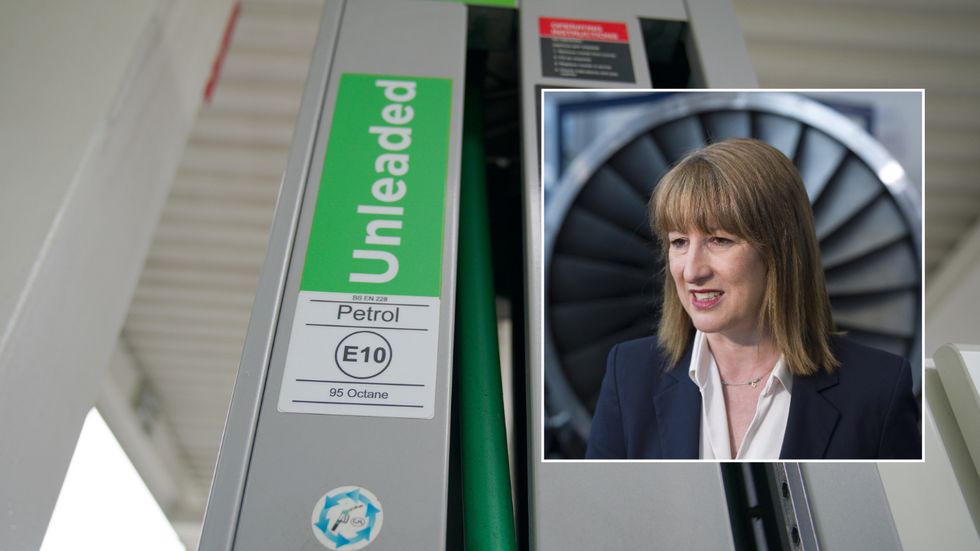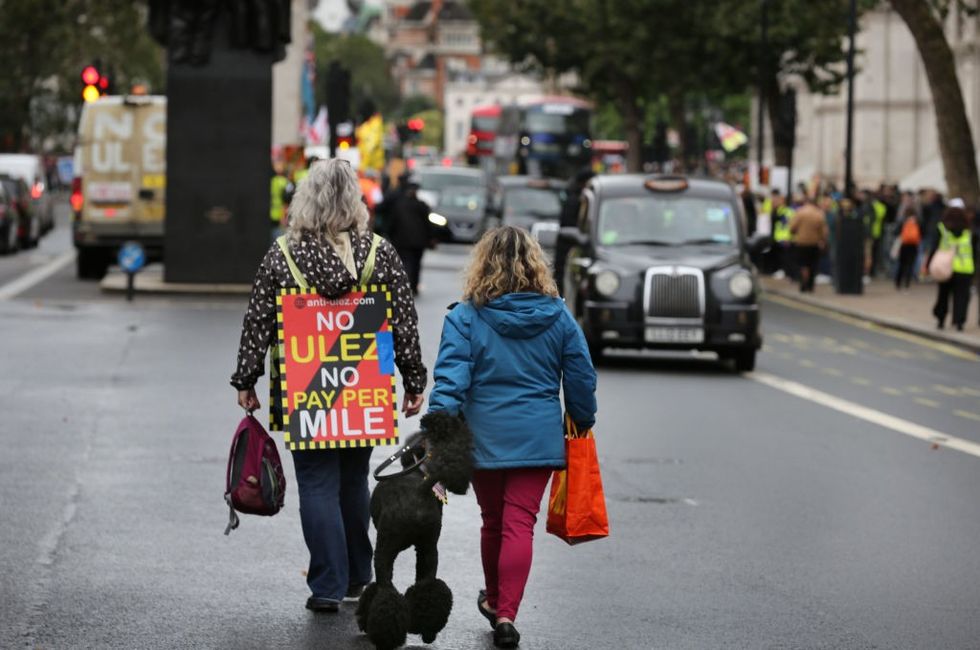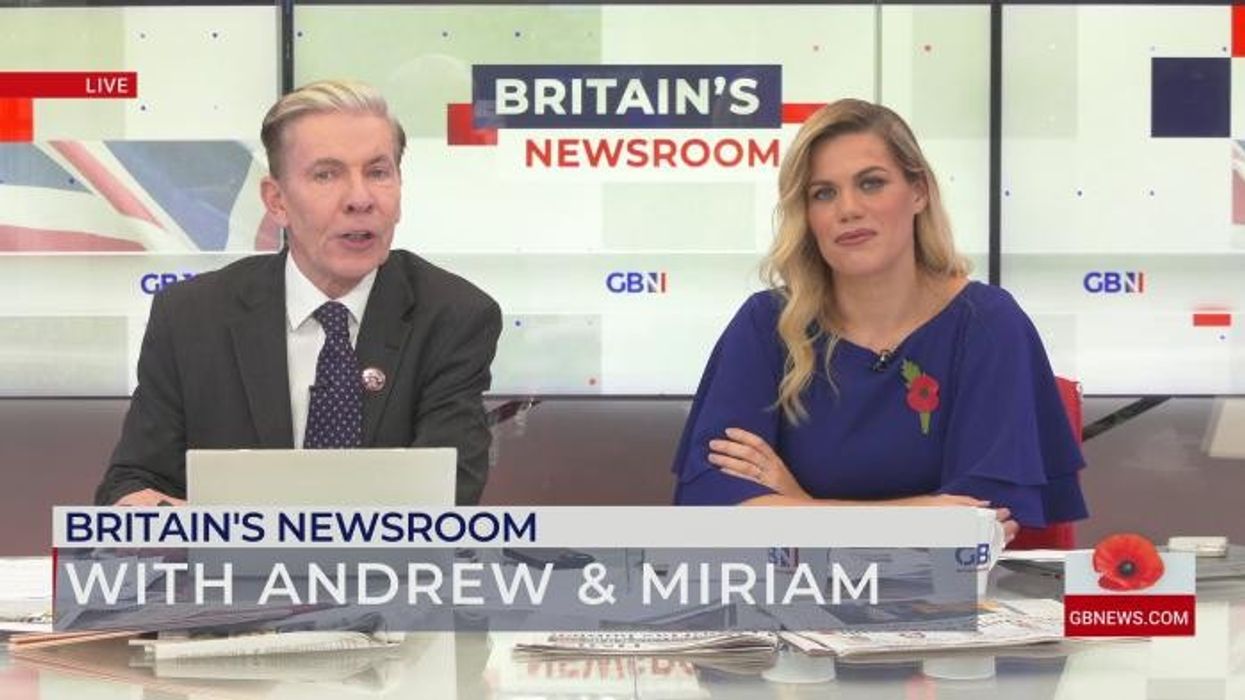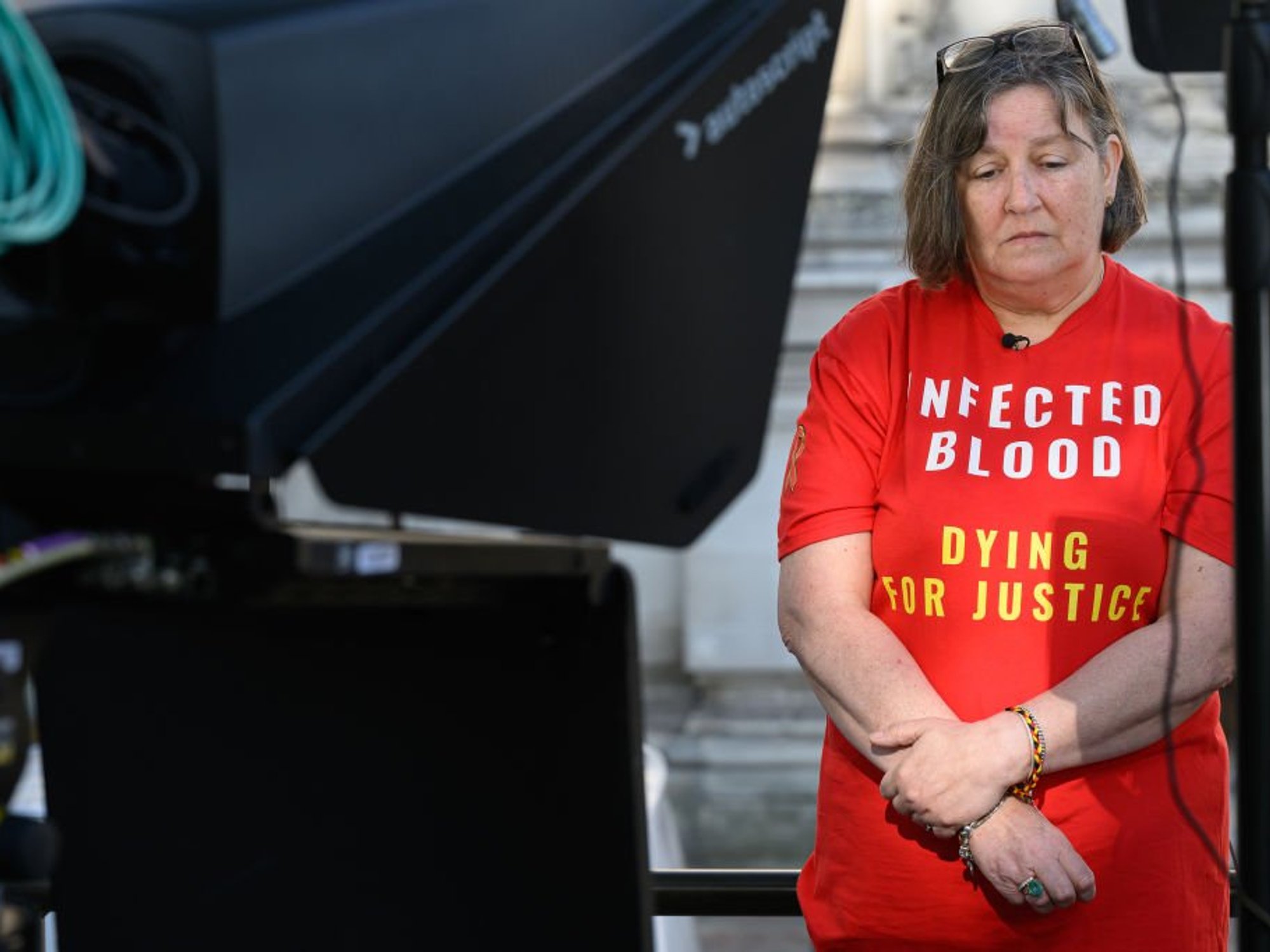Rachel Reeves under pressure to bring in new road charges and abandon fuel duty freeze at Autumn Budget

The Chancellor has been urged to end the fuel duty freeze and bring in pay-per-mile taxes to help plug tax hole
Don't Miss
Most Read
Latest
Rachel Reeves is facing mounting pressure to abandon the long-standing freeze on fuel duty and implement a pay-per-mile taxation system in the forthcoming Autumn Budget.
The Chancellor has been urged to address a widening fiscal gap as electric vehicle adoption accelerates across Britain.
The need for change follows the latest Government figures, which revealed that fuel duty revenues between April and August 2025 totalled £10billion, marking a £100million decrease compared to the same period in 2024.
This decline has stemmed primarily from motorists switching from traditional petrol and diesel vehicles to electric and hybrid alternatives.
Do you have a story you'd like to share? Get in touch by emailing motoring@gbnews.uk
TRENDING
Stories
Videos
Your Say

RSM experts have called on the Chancellor to end the fuel duty freeze
|GETTY/PA
The Office for Budget Responsibility has now projected that fuel duty will constitute merely two per cent of total tax revenues in 2025/26, a dramatic fall from nearly seven per cent in 2019/20.
Energy sector specialist Sheena McGuinness from RSM UK highlighted the concerning trajectory of declining revenues.
She said: "Fuel duty receipts continued to decline in August, driven by the ongoing shift from petrol and diesel cars towards electric vehicles.
"This sharp decline further reinforces the need for the Chancellor to end the 15-year freeze on fuel duty in the upcoming Autumn Budget, despite this being an unpopular decision."
The freeze has remained in place since 2010, with an additional 5p reduction introduced in 2022 to ease the cost of living crisis.
However, the fiscal implications extend beyond simple revenue loss. Even if the Chancellor reverses both the freeze and removes the 5p reduction, Treasury income would remain significantly below 2019 levels, Ms McGuinness warned.
She added: "If neither measure is reversed, the Treasury will need to find an additional £2.7billion from elsewhere, further widening the gap in public finances."
Current oil prices have remained relatively low, potentially making any fuel duty increase less painful for households than in previous years.
LATEST DEVELOPMENTS:
Ms McGuinness suggested that the Chancellor might implement a 10p increase to fuel duty, which would support environmental objectives whilst encouraging further electric vehicle adoption.
The prolonged freeze has created a complex fiscal challenge that simple rate adjustments cannot resolve.
Treasury data has indicated that even restoring fuel duty to pre-freeze levels would fail to compensate for the revenue decline caused by changing vehicle preferences.
The shift away from fossil fuel vehicles continues to accelerate, with electric and hybrid models capturing an increasing market share.
 Pay-per-mile car taxes have previously been met with strong criticism from motorists | GETTY
Pay-per-mile car taxes have previously been met with strong criticism from motorists | GETTYThis transition, while beneficial for environmental targets, has eroded the traditional tax base that has supported Government spending for decades.
Ms McGuinness proposed implementing a road usage tax with charges scaled according to pollution levels.
"One solution could be to adopt a road usage tax similar to those used in Iceland and New Zealand, scaled according to pollution levels," she explained.
Such a system would align with GB Energy's recently published Statement of Strategic Priorities. However, the Government has previously dismissed pay-per-mile schemes, making a policy reversal in the Autumn Budget appear unlikely.








